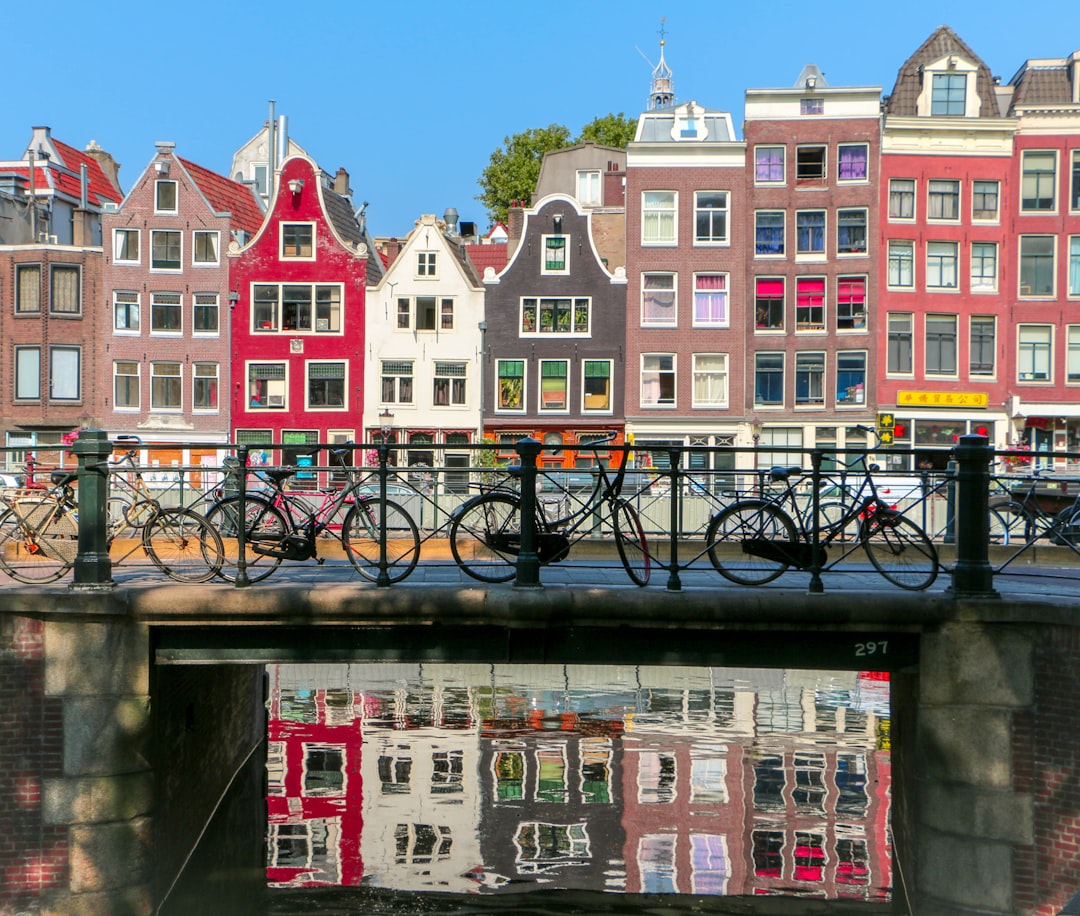What is it about?
This article assesses the social positions of the plaintiffs and defendants who appeared before a small claims court, namely the Peacemaker court (Vredemakers) of the city of Leiden in the Dutch Republic in the eighteenth century, a low threshold law court that boasted a quick and inexpensive procedure. Analysis of the social positions of the court’s plaintiffs and defendants helps reveal the extent to which lower social groups actively made use of it. The article is based on linkage between a sample of users of the Peacemaker court during the years 1750–54 and a census of 1749 comprising socio-economic data for the entire Leiden population. The court clientele of the Peacemaker court was distinctively elitist. The court was thus first and foremost a forum for an inner group of more well-to-do households who were firmly established in the local community. The Peacemaker court was notably inexpensive and simple in its procedures, yet lower social groups remained markedly reticent to file complaints there, revealing a significant social gap between these groups and the burgomasters and aldermen who staffed and maintained the courts.
Featured Image
Read the Original
This page is a summary of: The social composition of plaintiffs and defendants in the Peacemaker court, Leiden, 1750–54, Social History, April 2015, Taylor & Francis,
DOI: 10.1080/03071022.2015.1010782.
You can read the full text:
Contributors
The following have contributed to this page










